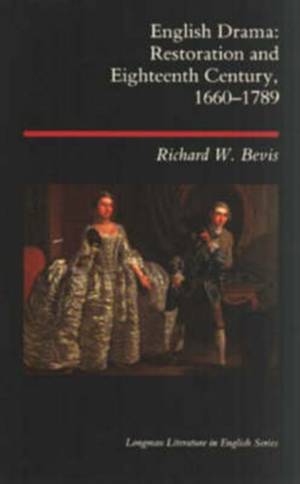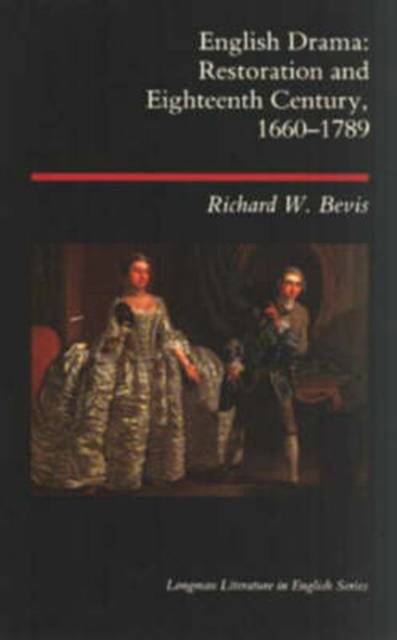
- Afhalen na 1 uur in een winkel met voorraad
- Gratis thuislevering in België vanaf € 30
- Ruim aanbod met 7 miljoen producten
- Afhalen na 1 uur in een winkel met voorraad
- Gratis thuislevering in België vanaf € 30
- Ruim aanbod met 7 miljoen producten
Zoeken
€ 123,95
+ 247 punten
Uitvoering
Omschrijving
What were the causes of Restoration drama's licentiousness? How did the elegantly-turned comedy of Congreve become the pointed satire of Fielding? And how did Sheridan and Goldsmith reshape the materials they inherited? In this account of the entire period, Richard Bevis argues that none of these questions can be answered without an understanding of Augustan and Georgian history. The years between 1660 and 1789 saw considerable political and social upheaval, which is reflected in the eclectic array of dramatic forms that is Georgian theatre's essential characteristic.
Specificaties
Betrokkenen
- Auteur(s):
- Uitgeverij:
Inhoud
- Aantal bladzijden:
- 356
- Taal:
- Engels
- Reeks:
Eigenschappen
- Productcode (EAN):
- 9780582493933
- Verschijningsdatum:
- 21/03/1988
- Uitvoering:
- Paperback
- Formaat:
- Trade paperback (VS)
- Afmetingen:
- 139 mm x 216 mm
- Gewicht:
- 412 g

Alleen bij Standaard Boekhandel
+ 247 punten op je klantenkaart van Standaard Boekhandel
Beoordelingen
We publiceren alleen reviews die voldoen aan de voorwaarden voor reviews. Bekijk onze voorwaarden voor reviews.







